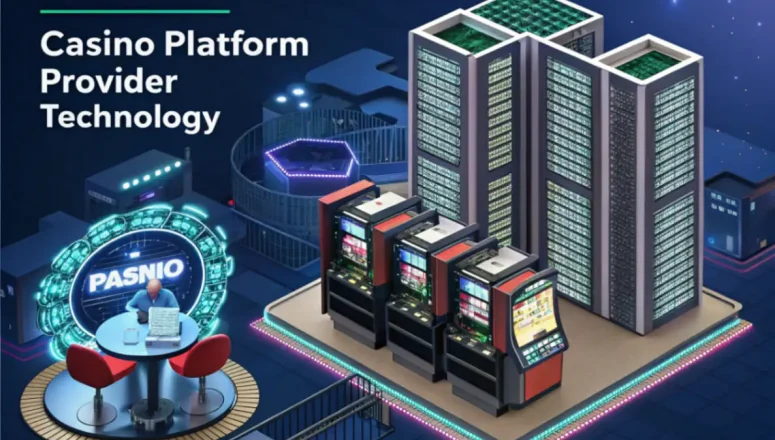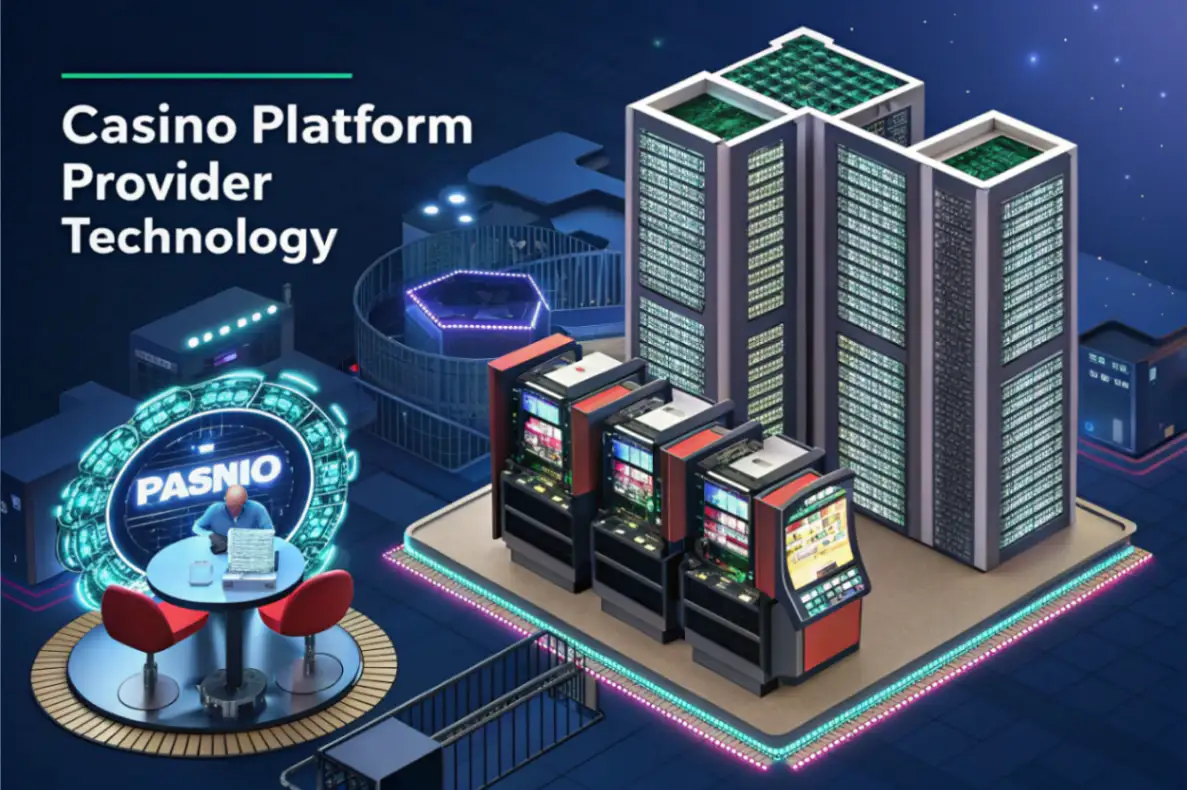The online casino industry is evolving faster than ever, and at the heart of this transformation lies the rise of modular platform solutions. In the past, casino operators often relied on rigid, monolithic systems that limited flexibility and innovation.
Today, however, modular platforms — where components can be added, replaced, or customized — are reshaping how operators approach scalability, compliance, and player experience. This article explores the reasons behind this shift, how modular systems work, and why they have become the new standard in modern iGaming.
The Shift Toward Flexible Casino Architecture
The online gaming sector has undergone massive digital acceleration. New technologies, regulatory changes, and growing player expectations demand agile infrastructures. Traditional casino software models — often proprietary and closed — are no longer enough to sustain this pace.
A modular platform offers casino operators the ability to choose individual services or “modules” such as payment gateways, CRM tools, reporting dashboards, or game libraries. This flexibility allows them to build a fully customized ecosystem instead of being locked into a single provider’s limitations. It mirrors how SaaS ecosystems evolved in fintech and retail — enabling fast adaptation and third-party integration.
This architectural shift is driven by business scalability and regulatory agility. Each jurisdiction may have unique licensing conditions; modularity makes compliance updates faster and less disruptive. For example, operators can swap in a local KYC (Know Your Customer) module for one region while keeping the rest of their infrastructure intact.
How Modular Casino Platforms Work
A modular casino platform consists of interconnected but independent components, each responsible for specific operational areas. These modules communicate through APIs, ensuring smooth data exchange without central code dependency.
Core Modules Typically Include
Before examining market trends, it’s important to understand how these systems are structured internally. Below is a simplified overview of core modules commonly found in modern casino platforms.
| Module Type | Function | Benefits for Operators |
|---|---|---|
| Game Aggregator | Connects games from multiple studios | Expands content portfolio instantly |
| Payment Gateway | Handles deposits, withdrawals, and currency conversions | Increases reliability and localization |
| CRM & Marketing | Manages promotions, segmentation, and loyalty programs | Enhances player retention |
| Compliance & Risk | Monitors fraud, AML, and responsible gaming | Ensures regulatory adherence |
| Reporting & Analytics | Tracks performance across regions and verticals | Improves data-driven decisions |
These modules can be updated or replaced independently. For instance, a casino can integrate a new payment processor without reconfiguring its entire system. This modularity ensures business continuity, shortens time-to-market for new features, and improves the total cost of ownership.
After implementing modular architecture, many operators report smoother multi-jurisdictional launches and lower maintenance costs compared to legacy systems.Key Benefits of Modular Casino Platforms
One of the strongest drivers of modular adoption is operational efficiency. Modular systems allow iGaming businesses to evolve continuously, integrating new features and technologies without downtime. This is particularly valuable in the competitive casino market, where player loyalty depends on constant innovation.
Some of the most notable advantages include:
- Scalability and adaptability — Operators can quickly add new markets, products, or services.
- Reduced technical risk — Failure in one module doesn’t disrupt the whole system.
- Faster innovation cycles — New integrations and updates can be rolled out with minimal coding.
- Vendor independence — Casinos can choose specialized providers for each module.
- Regulatory compliance — Modular systems simplify adapting to local licensing frameworks.
This modular mindset enables casinos to stay competitive while managing costs effectively. Furthermore, operators gain the power to experiment — for instance, by testing AI-driven marketing or blockchain payments — without major system overhauls.
Why Providers Are Embracing the Modular Model
Casino software providers are also benefiting from modularization. It allows them to serve a wider client base with customizable configurations, aligning with the diverse needs of small startups and large gaming enterprises.
For B2B providers, modularity means:
- Easier integration with third-party studios and payment partners.
- Simplified maintenance and scalability across multiple operator clients.
- Clearer service-level agreements (SLAs) for each module.
- Higher interoperability in global markets.
This model also fits perfectly with the “platform-as-a-service” (PaaS) concept, where the casino platform acts as a base layer that can host numerous plug-ins. As the industry continues to adopt blockchain-based verifications and real-time analytics, this modular foundation becomes essential.
Providers like SoftSwiss, EveryMatrix, and Pragmatic Solutions are leading the trend, offering modular environments where each feature — from bonus management to reporting — can be independently activated or deactivated based on the client’s requirements.
The Future of Modularization in iGaming
As the global iGaming market moves toward hyper-personalization, modular platforms will continue to be the industry norm. With advanced data tools, machine learning, and predictive analytics, each module can evolve autonomously — improving marketing efficiency, compliance automation, and user engagement.
In the near future, we can expect modular platforms to integrate:
- AI-driven player segmentation and retention tools.
- Multi-layered blockchain verification for transparency.
- Cloud-based scalability that supports on-demand growth.
The success of these systems depends on interoperability and security. As providers refine API frameworks and standardize communication protocols, modular platforms will enable seamless collaboration between software vendors, regulators, and operators.
For casino businesses, adopting modular solutions is no longer a trend — it’s a strategic necessity to remain agile, compliant, and innovative in an ever-expanding digital landscape.
Conclusion
The rise of modular casino platforms marks a defining moment for the iGaming industry. By moving away from rigid architectures, operators gain the agility to innovate faster, comply with shifting regulations, and tailor user experiences. For software providers, it opens the door to scalable and future-proof business models. As technology and regulation continue to evolve, modularity will remain the foundation of sustainable success in the online casino ecosystem.


